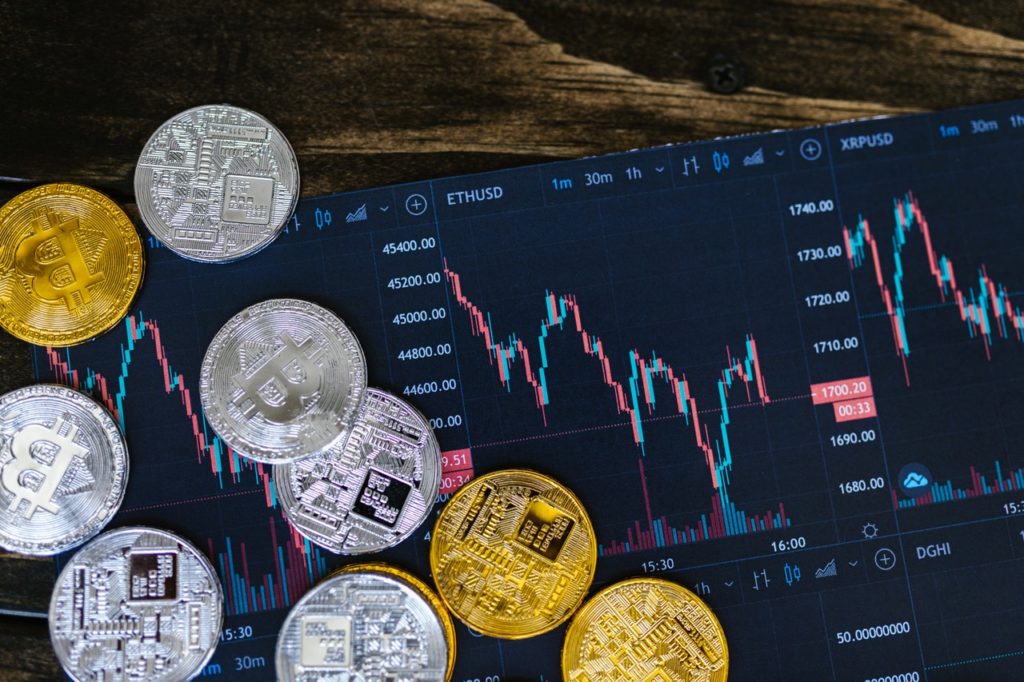
Money, real estate, art, and investments are examples of traditional assets; tangible objects that can actually be touched. But like most things today, these have become part of the metaverse. Digital assets that live in an ether are now stored and transacted via computers, apps, and mobile devices. We’re going to explore what digital assets are and how to include them in your Will so they can be passed on to your loved ones.
So, Just What is a Digital Asset?
A digital asset is something of value that is in digital form and is owned and controlled by an individual or entity.
Some common types of digital assets are:
- Online bank/investment, credit card accounts
- Cryptocurrency (e.g., Bitcoin)
- NFTs (non-fungible tokens)
- Pictures
- Documents
- Websites
- Domain names
- Social media accounts (Facebook, Twitter, TikTok, Instagram, etc.)
- Music
- PDFs
- Graphics
- Spreadsheets
When it comes to including digital assets in your Will, additional and specific steps must be taken compared to traditional assets. Your executor – also known as your personal representative – will need access to these assets to settle your estate and transfer them to your beneficiaries.
Related Article: Gentreo’s 5-Step Estate Planning Checklist for Digital Assets
Your Will must be carefully worded while protecting the security of the assets you want to bequeath. More on that later.
Cryptocurrency & NFTs
Let’s talk about Cryptocurrency and NFTs. These have gained widespread appeal by many investors over the past few years and will continue to skyrocket in popularity and value.
Cryptocurrency – or crypto for short – is digital currency. NFTs are tokens representing ownership of unique digital collectibles, like artwork, pictures, videos, and virtual real estate.
Created in January 2009, crypto is a decentralized digital currency not backed by the government or any central financial institution. It is supported by blockchain technology – basically a digital ledger that distributes transactions through a system, or blocks, of computers. Cryptocurrency can be purchased with regular money or traded for other crypto. Transactions are made through online exchanges like Coinbase. The most well-known cryptocurrency is Bitcoin.
Crypto can be used for some online purchases, although it is not yet widely accepted. You can buy gift cards for some retailers or a debit card like BitPay that transfers the digital currency to actual money.
Bitcoin is “mined” – the computer network generating process of how the virtual money is circulated and transactions verified. As new “blocks” are discovered, they are added to the blockchain. The “miners” are rewarded with new Bitcoin.
One of the most common NFTs is digital art – opening a new avenue for artists. Although this art is a digital file, you would be surprised at its value. Here’s an example; an alien avatar rendering known as a CryptoPunk sold for $7.58 million! NFTs have become very popular with celebrities such as Jimmy Fallon, Jay-Z, and Serena Williams.
NFTs and crypto have private keys – think of it as a PIN – to access them and are usually stored and transacted through digital wallets or apps.
How to Include Cryptocurrency and NFTs in My Will
If you want to leave your Bitcoin, NFTs, or other cryptocurrency to loved ones through your Will, certain steps must be taken. Keep in mind a Will is a public document, so you do NOT want to include any access information, like the private key or digital wallet passwords, in it.
However, your executor and beneficiaries will need that access information. Without it, the crypto cannot be accessed and will be lost forever in cyberspace.
Here are the steps to take to include cryptocurrency and NFTs in your Will:

Bequeath Cryptocurrency/NFTs in your Will
You may mention in the Will you are bequeathing your Bitcoin, or other crypto and/or NFTs and name the beneficiaries. If you created a separate document that lists the assets and the access information, notate that, but it’s most important that your executor or personal representative is at least aware of all of your assets.

Create a separate document
List all your cryptocurrency, including Bitcoin and NFTs in a separate document, known as an asset list. Also list the digital wallets (e.g., PayPal), the respective passwords or PINs, and the location where everything can be found. The asset list should be securely stored, like in the Gentreo Digital Family Vault. When the Will goes through probate, only the Will – not any related documents – are made public, so your info is secure from public scrutiny. By creating an asset list, you make it easier for your executor to locate and distribute your assets.

Include instructions
Leave precise, but easy-to-understand instructions for your beneficiaries of how to manage the crypto and NFTs and how they work.
What About Including Other Digital Assets in My Will?
Keep in mind not all digital assets are created equally. There are some that CANNOT be passed to beneficiaries in your Will. Why? Because you don’t own them!
They include:
- Social media accounts (Facebook, TikTok, Twitter, Instagram, etc.)
- Cell phone accounts
- Cloud storage (e.g., Dropbox, Google Drive, iCloud)
- Subscription accounts (e.g., Netflix)
- Smartphone apps
When people think of a digital asset, they relate it to something that has a monetary value. Sure, crypto and NFTs are financial investments, but other digital assets like your social media, email, or website have personal, sentimental, and even legacy value.
Related: UPCOMING WEBINAR: Leave Your Legacy, Not a Mess
The same goes for pictures or videos stored on your computer, phone or in cloud accounts. Yes, you own the content, but not the account. Unless you provide the usernames and passwords to your executor, he or she has no legal right to access the account upon your death. Even if you grant permission in your Will, most social media, cloud storage, and cellphone companies would not allow your executor, Power of Attorney, or anyone else but the owner of the account to have access.
Some social media companies now have digital legacy plans where a digital legacy contact, appointed by you, can get into your accounts after you pass.
Related Article: How Apple and Facebook Bridge the Gap in Digital Legacy Planning
If you own a website; you may want it to live on after you. In this case, you would need to provide your loved ones with the URL and log-in information. State in the Will that you are transferring the domain name, intellectual property, and URL ownership to the named beneficiary.
How Do I Pass On My Digital Assets?
You need a digital asset plan to bequeath your digital assets safely and efficiently:
- List in your Will the specific digital assets you want to leave and name the beneficiaries.
- Create a supplemental asset list – a document separate from your Will – naming the digital assets, account numbers, usernames/passwords/PINs, and other access information. This includes passwords to your computers, tablets, and smartphones.
- Make sure that your executor knows where you store your asset list
- Store the Will and related documents in one, safe place like the Gentreo Digital Family Vault.
Related Article: Make Your Digital Legacy Plan in 5 Easy Steps
Keeping Everything Secure
It can’t be said enough not to give anyone your crypto/NFT private key or related access information to anyone while you are alive. If these fall into the wrong hands, you could lose everything.
The asset list and any documents listing access information should be securely stored, like in Gentreo’s Digital Family Vault, along with your Will and other estate planning documents.
Related Article: Why You Need a Digital Vault Today More Than Ever
This virtual vault allows these documents to be shared and accessed only by those of your choosing. You can keep your digital asset documents secured until your passing while allowing your loved ones, Power of Attorney, or executor access to your estate plan when needed.
Keep Your Estate Plan Updated
As you buy and sell crypto or NFTs, you need to review and update your digital asset plan and Will accordingly. The same goes for your entire estate plan. Any life changes – marriage, birth of a child, divorce, death of a beneficiary, acquiring/selling assets (traditional or digital) – needs to be reflected in your documents. It’s critical your estate plan is kept current to avoid any problems down the road in the time of a crisis.
Related Article: How Often Should Estate Planning Documents Like Wills or Trusts Be Updated?
Gentreo is Here to Help!
Creating an online Will or estate plan with Gentreo isn’t just once and done. The Gentreo team is always with you during your life’s journey. We have coaches that can guide you through the process and a network of third party licensed estate planning attorneys in all 50 states to give you that extra legal advice you might need.










